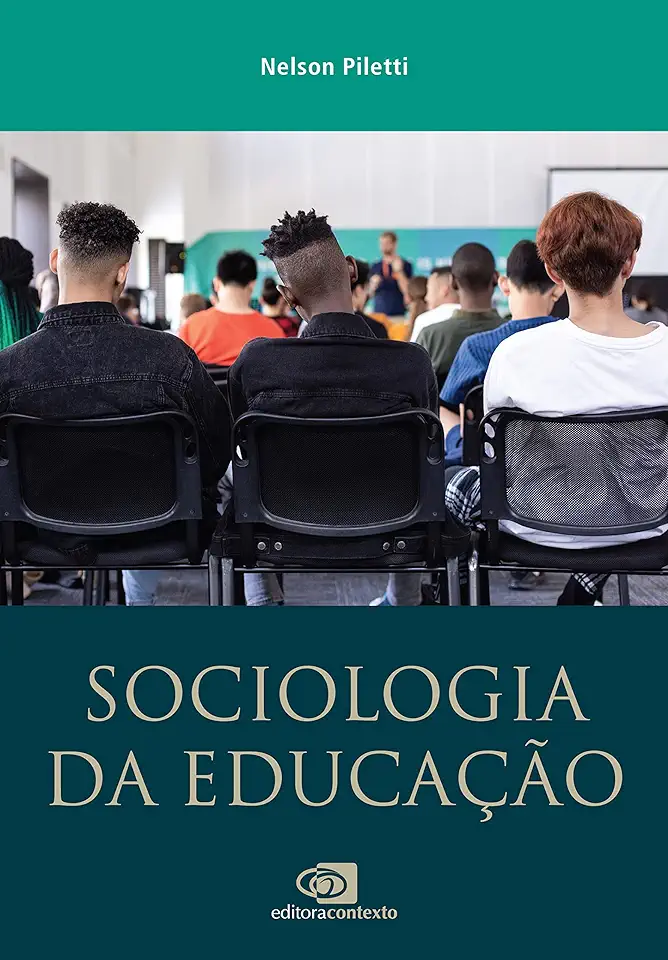
Sociology of Education - Nelson Piletti
Sociology of Education: A Comprehensive Overview
Introduction
In today's rapidly changing world, education has become more important than ever. It is the key to unlocking opportunities, achieving success, and making a difference in the world. However, the sociology of education reveals that not everyone has equal access to quality education, and that the education system can perpetuate social inequalities.
Key Concepts in the Sociology of Education
The sociology of education is a field of study that examines the relationship between education and society. It draws on a variety of social science disciplines, including sociology, economics, history, and psychology, to understand how education shapes individuals and society, and how society in turn shapes education.
Some of the key concepts in the sociology of education include:
- Social stratification: The division of society into different social classes or groups based on factors such as income, education, and occupation.
- Educational inequality: The unequal distribution of educational opportunities and outcomes based on factors such as race, class, gender, and disability.
- Cultural capital: The knowledge, skills, and dispositions that are valued by a particular society and that can be used to achieve success in school and beyond.
- Hidden curriculum: The unwritten rules and norms of a school or educational system that can shape students' behavior and learning.
- School choice: The ability of parents to choose the school their children attend, which can be a source of both educational opportunity and inequality.
Theories of Educational Inequality
There are a number of different theories that attempt to explain why educational inequality exists. Some of the most prominent theories include:
- The functionalist theory: This theory argues that educational inequality is necessary for society to function properly. It suggests that different social classes need different types of education in order to fill different roles in the economy.
- The conflict theory: This theory argues that educational inequality is a result of the conflict between different social classes. It suggests that the education system is controlled by the upper class and used to maintain their power and privilege.
- The cultural capital theory: This theory argues that educational inequality is a result of the unequal distribution of cultural capital. It suggests that students from families with more cultural capital are more likely to succeed in school than students from families with less cultural capital.
The Impact of Education on Individuals and Society
Education has a profound impact on individuals and society. It can provide individuals with the knowledge, skills, and dispositions they need to succeed in life. It can also help to reduce poverty, crime, and social inequality.
Some of the specific benefits of education include:
- Increased earnings: Education is one of the most important factors in determining an individual's earnings. On average, people with more education earn more money than people with less education.
- Improved health: Education is also associated with improved health outcomes. People with more education are more likely to be healthy and live longer than people with less education.
- Reduced crime: Education can help to reduce crime by providing individuals with the skills they need to find legitimate employment and by teaching them about the negative consequences of crime.
- Increased social mobility: Education can help to increase social mobility by providing individuals with the opportunity to move up the social ladder.
Conclusion
The sociology of education is a complex and challenging field of study, but it is also an important one. By understanding the relationship between education and society, we can work to create a more just and equitable education system that provides all students with the opportunity to succeed.
Call to Action
If you are interested in learning more about the sociology of education, I encourage you to read this book. It provides a comprehensive overview of the field, and it is written in a clear and accessible style. I believe that this book will help you to understand the importance of education and the challenges that our education system faces.